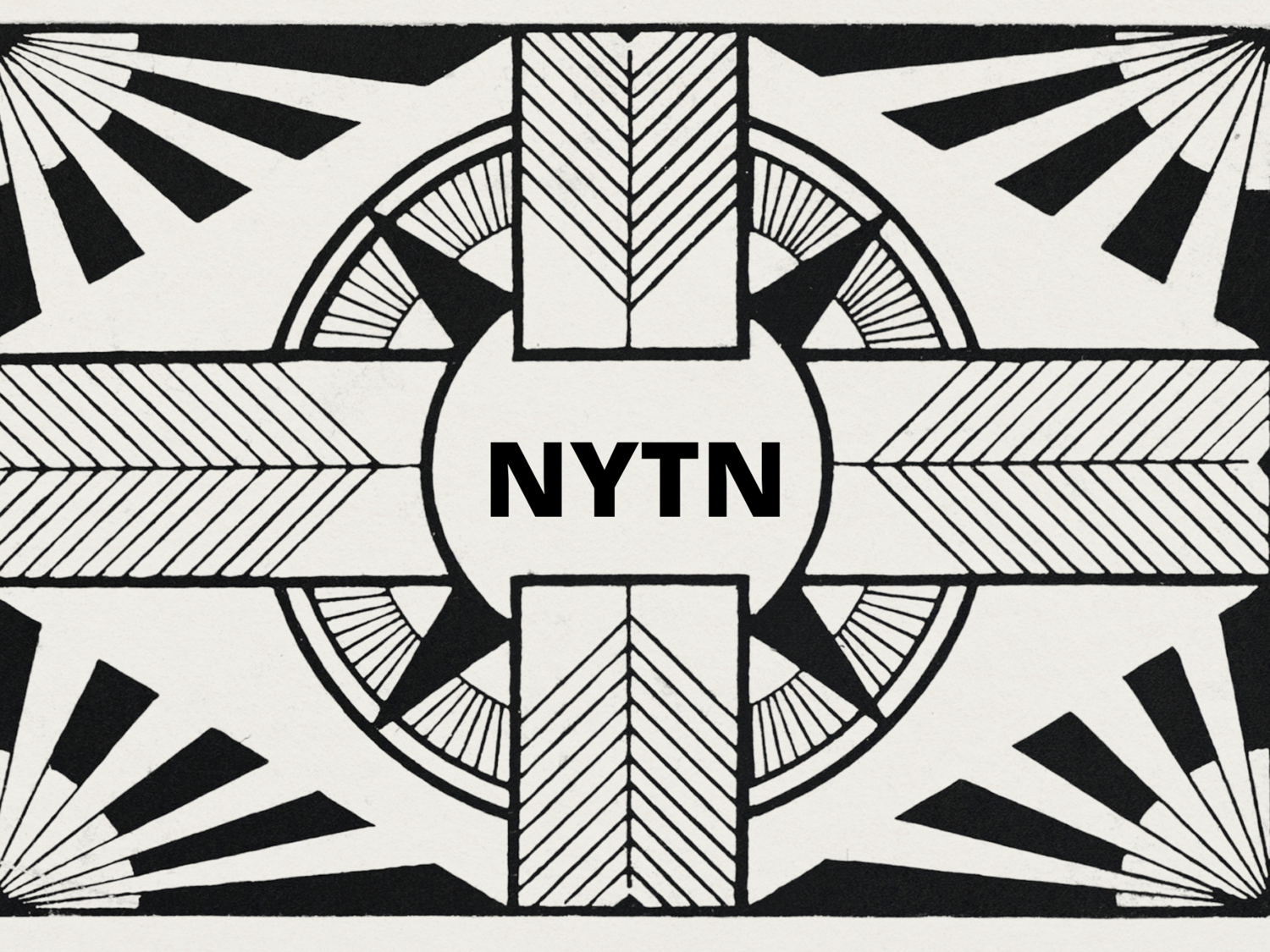My Great Uncles were Freedmen of Color who Fought For the Confederacy
by Danielle Romero
I’m from New York--and I grew up grateful to be on the “side” of the North during the Civil War. Even as a child, I learned to see the South as a blight on an otherwise-shining American story. Good versus evil, freedom versus slavery, North versus South. That impression stayed with me, until I uncovered my family’s part in the Civil War and relearned the history of the South.
My third great grandfather, Alphonse Perot and his brother, Joseph, were considered “freed men of color” or gens de couleur libre. In 1862, they made the audacious decision to enlist as soldiers. For the Confederacy. They had close ties to their Louisiana land. Their own great grandfather, a former slave, purchased almost 40 acres of land after his emancipation in 1822. The family cherished the freedom of their farm and feared the shadow of destruction that loomed over their livelihood. When I uncovered their story, I sought rationalizations of any kind to explain away this family history. A sense of shame hung over my family tree like a dark cloud. Descendants of slaves fought for the Confederacy. Clearly under white compulsion or uneducated confusion. Or some other nefarious force. The pre-war South represented nothing but slavery and evil, and I was confident that no person of color could think otherwise.
When the Perot brothers attempted to join the mostly-white Confederate militia, they tried with false conscription papers. They were quickly discovered and nearly dismissed--but found favor to stay under one condition: they must serve under a white officer. They agreed. As Alphonses’s great great great granddaughter the antiquated “one-drop-rule” of determining “Blackness” puts me squarely in the camp of the disenfranchised. Back in New York, I would have been free. Alphonse and Joseph Perot were born free, owned land and came from a well-respected family. Their effort to enlist for the obvious enemy was unfathomable to me.
Clarity came when I stopped interpreting my family history from the viewpoint of the North. Looking through the lens of Louisiana’s complex racial history, I began to understand that joining the Confederacy meant something very different to a gens de couleur libre at the time. Historical context created clarity. Once I surrendered my perspective as a white New Yorker in 2020, their story took shape. It made sense.
Louisiana, unlike most of the South, had a unique racial hierarchy. Experts suggest that it had the highest concentration of free people of color in the western hemisphere at the time of the Civil War. New Orleans, often considered the cradle of the Civil Rights movement, had a generous history of minority militia who quickly, and voluntarily, took up arms when need arose. After the United States gained the Louisiana Territory from the French, the militia of the gens de couleur libre “offered their loyalty and service” in an 1804 letter to the newly appointed Governor Claiborne. It created a quandry, as no other state had incorporated colored men into their ranks. During the War of 1812, an entire militia of freed men of color defended New Orleans against the British invasion during the Battle of New Orleans. These stories of hyper-localized patriotism reframed my perspective on my family story. They renewed my family pride.
When Alphonse and Joseph freely enlisted in 1862, they not only joined Company “H” of the 6th Louisiana Cavalry, but continued the longstanding tradition of the resolute gens de couleur libre. Where I once blamed the power of white compulsion, I now saw the strength of self-determination and intense loyalty to protect home, city, and state--whoever the foe. Of course, it’s the winners who write our history---and maybe that’s something to rebel against.
